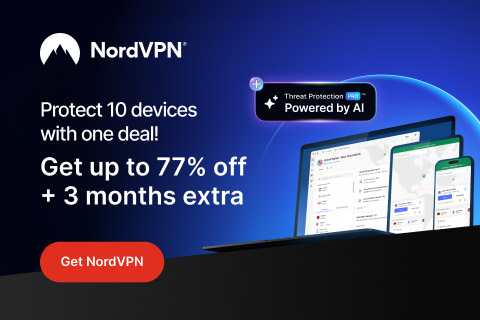Stay Private. Stay Secure. Stay Free.
Trusted by millions worldwide – protect your online life with #1 VPN
- ⚡ Blazing-fast speed on every server
- 🔒 Military-grade encryption & protection
- 🌍 Access content globally without limits
- 📱 Up to 10 devices with one account
In today’s fast-paced digital world, online privacy and cybersecurity are becoming increasingly important concerns for internet users around the globe. This July 14, 2025, a cybersecurity incident has brought ExpressVPN, one of the most popular VPN services, into the spotlight as it faces data breach concerns.
**Why it matters to general internet users**
The news of ExpressVPN’s data breach concerns is significant for general internet users as it highlights the potential vulnerabilities that exist in even the most trusted VPN services. VPNs are commonly used by individuals and businesses alike to protect their online activities, shield their sensitive data from prying eyes, and bypass geo-restrictions. Any breach in a VPN service’s security can compromise the privacy and security of its users, putting their personal information at risk of exposure.
**Technical or policy implications**
This incident raises important questions about the security measures employed by VPN providers and the potential risks associated with using VPN services. It also underscores the need for strong encryption, secure servers, and robust privacy policies to ensure the protection of user data. From a policy perspective, it may lead to increased scrutiny and regulation of VPN services to prevent future data breaches and safeguard users’ online privacy.
**VPN brands involved or referenced**
While this particular incident involves ExpressVPN, it serves as a reminder that no VPN service is immune to security breaches. Other popular VPN brands like NordVPN, CyberGhost, and Surfshark may also face similar challenges, emphasizing the importance of conducting thorough research and choosing a reputable VPN service with a strong track record of security and privacy protection.
**Real-world applications or potential user impact**
For everyday internet users, the data breach concerns surrounding ExpressVPN serve as a wake-up call to reassess their online security practices and ensure they are taking the necessary steps to protect their privacy. Users should regularly update their VPN software, enable two-factor authentication, and avoid connecting to public Wi-Fi networks without a secure VPN connection. Additionally, individuals should be vigilant about the websites they visit, the information they share online, and the apps they download to minimize the risk of falling victim to cyber threats.
**FAQ Section**
1. What is a VPN and why should I use one?
A VPN, or Virtual Private Network, encrypts your internet connection and routes your online traffic through secure servers to protect your data from being intercepted by hackers, ISPs, or government agencies. Using a VPN enhances your online privacy, security, and anonymity, especially when accessing public Wi-Fi networks or unsecured websites.
2. How can I choose a reliable VPN service?
When selecting a VPN provider, consider factors such as its privacy policy, logging practices, server locations, encryption protocols, and user reviews. Opt for a reputable VPN service with a proven track record of security and transparency to safeguard your online activities effectively.
**Conclusion**
In light of the data breach concerns surrounding ExpressVPN, internet users are reminded of the critical importance of prioritizing online privacy and security. While incidents like these may shake user confidence in VPN services, they also serve as a valuable lesson in the ongoing battle against cyber threats. By staying informed, making informed decisions, and taking proactive steps to protect your digital footprint, you can safeguard your online activities and maintain control over your personal data.
**Strong call to action**
As you navigate the digital landscape, remember that your online privacy is worth protecting. Take the time to educate yourself about cybersecurity best practices, invest in reputable VPN services, and stay vigilant against potential threats. Together, we can build a safer, more secure online environment for all users. Stay safe, stay informed, and stay secure.

